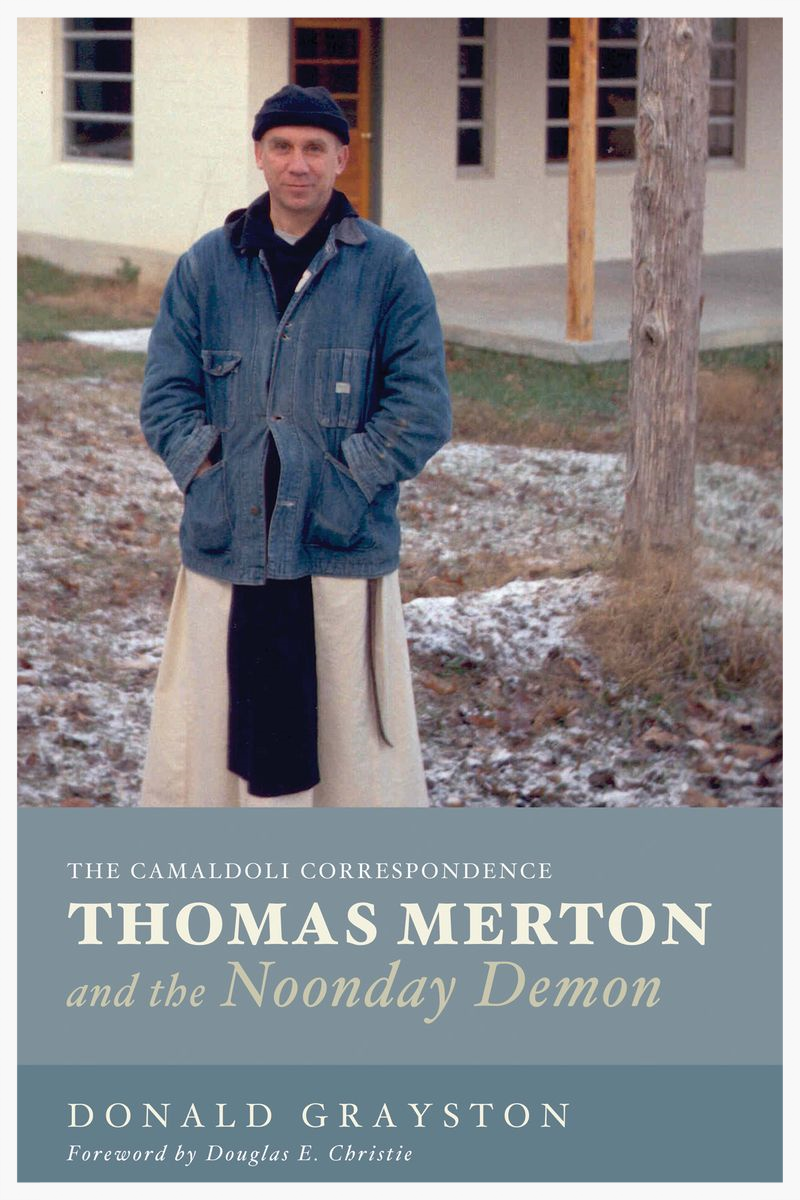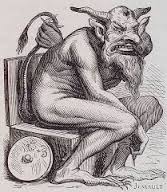The Book of Psalms in Hebrew Scripture is constantly, and inexorably, the expression of all human emotions. The Book encompasses the most human of emotional experiences as fear, praise, jealously, confusion and anger. Thank God it does not massage nor anesthetize the starkness of these wayward and wild emotions; God’s presence seems not to require hard truth to be massaged nor extremes of human wilfulness to be anesthetized – thank God. No place, no requirement for hypocrisy and sham.
Psalm 91, verses 5-6 read,
“Fear nothing—not wild wolves in the night,
not flying arrows in the day,
Not disease that prowls through the darkness,
not disaster that erupts at high noon.” – “the sickness that strikes at noonday”.
Click: Mid-Life Crisis and Mortality, Tom Fuerst
The book entitled “NoonDay Demon, An Anatomy of Depression” (written by Andrew Solomon) draws on the idea of this noonday syndrome but it seems more a starting point than a recurring theme of the book.
Personal experience of over 60 years and pastoral experience of nearly 40 years all persuade me that this “noonday”, this “midpoint” experience is rich soil for destructive, demonic activity.
Consider:
- The ennui of midway. The excitement and thrill of beginning the task and the journey is long past; the anticipation of success and completion seems far off. Midway marches to the slog, the trudge, the plod. And with ennui comes its close friend boredom and boredom is vacation land for our demons. II Samuel 11:1 begins with the throwaway line “in the time that kings went to war… King David was at home”. In the midst of life and vocation, David decides to rest and in that ensuing place of ennui and boredom all hell breaks loose as he lusts after a soldier’s wife, has sex with her leading to pregnancy and then plans to kill her husband… successfully.
- The scarce resources of noonday. In a very literal sense external sources are not conducive to labor at noonday – the sun is high, the past night’s rest seems distant and the hope for rest seems doomed to disappointment. But also, maybe more important, internal resources are low.
- The loneliness of midpoint. On these fantastic marathons spectators amass to cheer the runners as they begin and to applaud the runners as they return. Not many hurry to midway and there is the slog for each runner, largely un-cheered, unsupported and un-encouraged.
The famous acronym of 12 Step Programs reminds us that when we are Hungry, Angry, Lonely and Tired (H.A.L.T.) then we are most susceptible to relapse in whatever is our journey from bondage to freedom. And when these elements (singly or in dangerous combination) are our experience, especially at ‘noonday’, then all hell can break loose.
The noonday demon is best exorcised by calling on resources of others (God and friends), of renewing inner resources (no longer so hungry, angry, lonely and tired) and by dealing with boredom in honest confrontation.
Over the years I have presented many Three Hour Devotions on Good Friday. The pattern is that the three hours is divided into nine or twelve sections; each section contains a prayer, a hymn (maybe), a reading, a short reflection and silence and then the pattern recurs. People are encouraged to come and go as they choose, to leave and to return and some (even to their surprise) will stay all three hours.
Invariably it is the second hour that carries the most challenge when the excitement of beginning is past and anticipation of completion is distant. I relish this second hour though it brings its own particular stressful challenges. What keeps me going? Some combination of responsibility, of sharing a little in all the ‘noondays’ of others, of support of the faithful few (or even those who just ‘happened’ to look in) and the expectation of divine magic in holy words and silence.
I think there’s something for me to learn here in all the “second hours” of my life and tasks.


